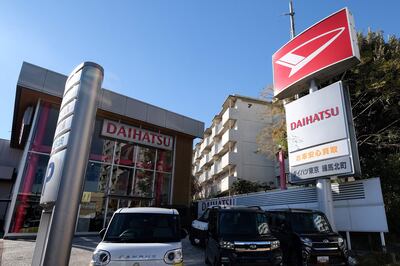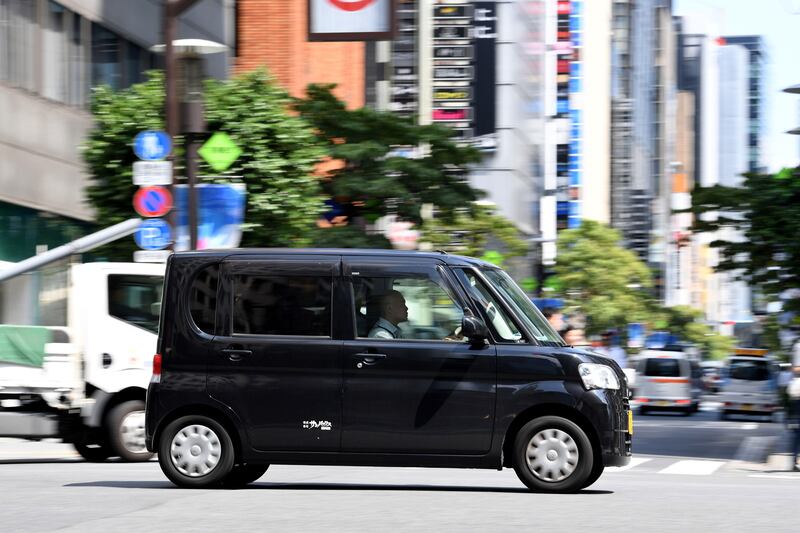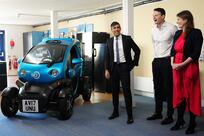Daihatsu Motor will halt shipments and suspend operations through January, as the Toyota Motor subsidiary seeks to contain the fallout of an investigation that revealed most of its vehicles were not properly tested for collision safety.
The maker of popular kei cars promised to compensate all 423 of the companies it directly supplies, a Daihatsu representative told reporters on Monday.
Japan’s transport ministry raided Daihatsu’s headquarters in Osaka last week following revelations that the car maker manipulated the results of safety tests dating as far back as 1989.
A third-party investigation requested by Daihatsu in April – when suspected wrongdoings first emerged – found that 174 issues have been identified across 64 models, including in some sold under the Toyota brand.
The move to suspend Daihatsu’s shipments will affect vehicles produced in Japan and overseas, and not only at Toyota factories but possibly also at Mazda Motor and Subaru, given that Daihatsu provides parts and manufacturing services to a range of other car makers.
Daihatsu’s parts reach more than 4,000 entities, and it will work with the government to support them in due course, the representative said.

The investigation centres around airbag control units and found that the ones used during crash tests were different from the devices used in cars that were sold to the public. While those other test units were later found to meet industry standards, side-collision test results of the Daihatsu Cast and Toyota Pixis models “may not comply with the law”, Toyota said.
Toyota said it is not aware of any accidents or incidents related to the issue.
Daihatsu is popular for its lineup of lightweight vehicles across Japan and South-East Asia. It has been a wholly owned subsidiary of Toyota since 2016 and accounts for about 4 per cent of Toyota group’s global vehicle sales.





